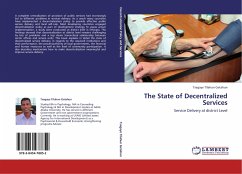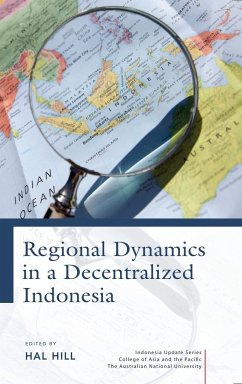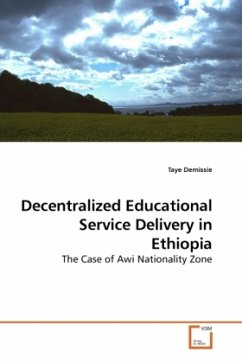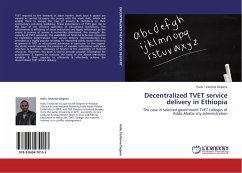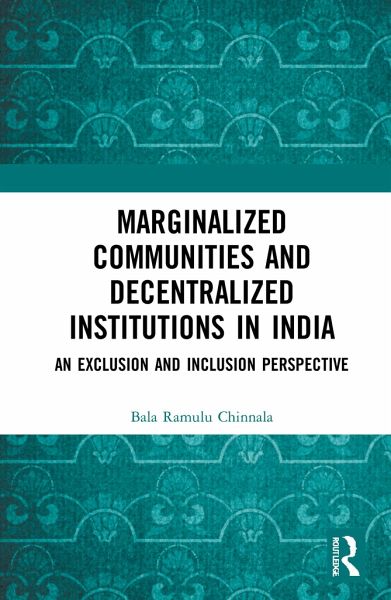
Marginalized Communities and Decentralized Institutions in India
An Exclusion and Inclusion Perspective
Versandkostenfrei!
Versandfertig in 1-2 Wochen
167,99 €
inkl. MwSt.
Weitere Ausgaben:

PAYBACK Punkte
84 °P sammeln!
This book examines the causes and consequences of marginalization of social groups and democratic decentralization in India in the unfolding context of globalization and changing development models and institutions since economic liberalization (1991) and the establishment of Panchayati Raj Institutions.





